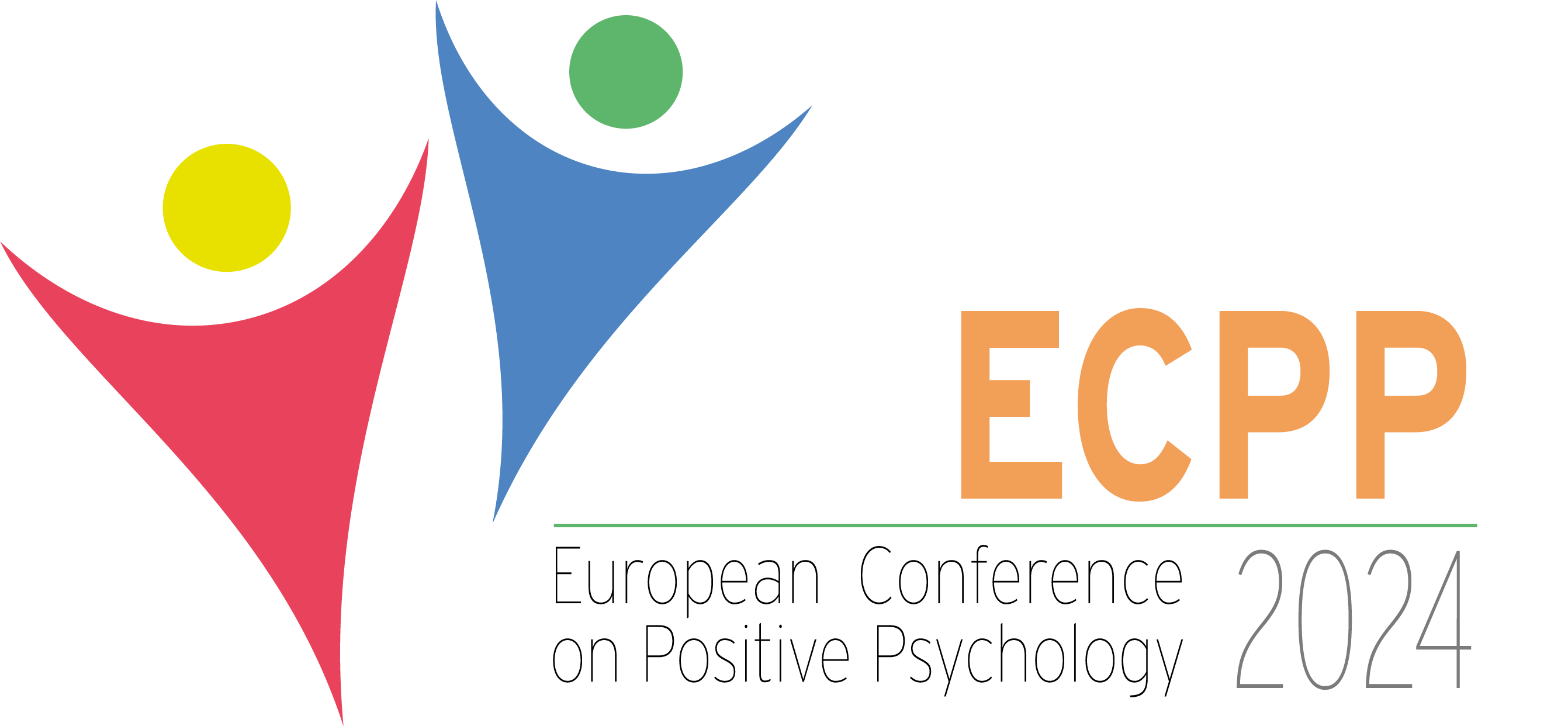Reconnect with nature for psychological well-being: An experiential workshop
Content
This workshop will introduce participants to the concept of nature connectedness and its impact on psychological well-being. Research indicates that affiliating with the natural world is restorative, not only by reducing stress, but also at boosting well-being. In order to deepen understanding, participants will learn about evidence-based research findings, in addition to engaging in an experiential activity geared to fostering nature connectedness via a brief guided forest therapy walk in nature. The workshop includes forest therapy invitations, guided breathwork, meditation, and sharing circles.
This workshop combines both theoretical knowledge and experiential learning to explore the connection between nature and psychological well-being. The key components of the workshop are:
Introduction to Nature Connectedness:
- Provide a brief overview of the concept of nature connectedness.
- Explain how research supports the idea that noticing and engaging with the natural world can have a positive impact on psychological well-being.
Restorative Nature Experience:
- Emphasize the restorative qualities of nature.
- Introduce the idea of using a guided forest therapy walk as a direct experience of nature's benefits.
Evidence-Based Research:
- Present and discuss relevant research findings that establish the link between nature connectedness and well-being.
- Help participants understand the scientific basis for the restorative effects of nature.
Experiential Learning:
- Facilitate a guided forest therapy walk where participants can directly experience the benefits of connecting with nature.
- Include elements of mindfulness, observation, and sensory experiences during the forest walk.
Mind-Body Techniques:
- Incorporate guided breathwork and meditation to enhance the mind-body connection.
- Highlight how these techniques, when practiced in a natural setting, can amplify their positive effects.
Sharing Circles:
- Provide a platform for participants to share their experiences and reflections.
- Encourage open discussions about the impact of nature connectedness on their psychological well-being.
Forest Therapy Invitations:
- Introduce specific forest therapy invitations or activities that participants can engage in during the walk.
- These could include mindful observations, sensory explorations, or nature-based reflections.
Practical Application:
- Share practical tips on how participants can incorporate nature connectedness into their daily lives.
- Discuss ways to create a nature-rich environment at home or work.
Overall this workshop aims to offer a blend of theoretical knowledge and practical experiences to help participants connect with nature and improve their psychological well-being. It aligns with current trends that recognize the importance of ecotherapy and nature-based interventions in promoting mental health and well-being.
Learning Outcomes
- Participants will gain awareness of nature connectedness and its positive impact on well-being, focusing on the restorative aspects of engaging with the natural world.
- Introducing evidence-based research linking nature connectedness to well-being, offering a scientific understanding of the topic.
- Acquiring hands-on skills for stress reduction and well-being through guided forest therapy walks, breathwork, and meditation, fostering a direct connection with nature.
- Inclusion of sharing circles for participants to reflect collectively, building a sense of community and sharing insights on the workshop's impact.
Ideal Audience
- Scholars and researchers in the field of psychology who are interested in exploring the connections between nature, well-being, and stress reduction.
- Practitioners and academics specializing in environmental psychology who seek a deeper understanding of how nature experiences impact mental health.
- Psychologists, therapists, counsellors, or mental health professionals who are interested in incorporating nature-based interventions into their therapeutic practices.
- Scholars and researchers exploring the benefits of mindfulness, meditation, and breathwork in the context of nature and well-being.
Location: Innsbrucker Hofgarten, meeting point will be at the conference venue around 8:45 am on the workshop day (5-6 min walk to the workshop location)
A total number of 35 participants is the limit for this workshop.
About Holli-Anne Passmore
Dr. Holli-Anne Passmore is an Associate Professor and Department Chair, Psychology at Concordia University of Edmonton in Alberta, Canada. Additionally, Holli-Anne is the Director of the Nature—Meaning in Life (NMIL) Research Lab, an Editor of the International Journal of Wellbeing, Science Chair of the Spirituality and Meaning Division of the International Positive Psychology Association, and an invited academic with the Global Wellbeing Initiative (a partnership between the Gallup World Poll and the Wellbeing for Planet Earth Foundation). She collaborates with colleagues from around the globe on a number of well-being-based research endeavours, and has developed (and teaches) several upper-level undergraduate courses on topics such as Nature & Wellbeing, the Psychology of Meaning in Life, and Positive Psychology. She is also studying the emerging issue of eco-anxiety. Holli-Anne’s academic research articles and book chapters have been published in numerous peer-reviewed journals and publications and featured in various media and podcasts. Holli-Anne is passionate about her research, her teaching, and the importance of our relationship with the greater-than-human natural world.
About Raina Chhajer
Dr. Raina Chhajer holds the position of Assistant Professor of Psychology at the Indian Institute of Management Indore, India. In addition, she serves as the faculty coordinator for the Centre of Wellness and Inclusion at the institute. Dr. Chhajer conducts research in the fields of positive psychology, nature connectedness, and the application of yoga-based interventions. Her academic research articles have been published in peer-reviewed journals including Frontiers in Psychology/Public Health. Her teaching portfolio includes delivering innovative courses to management students across various programs at the institute. Some of her courses include ‘Thriving at Work’ and ‘The Art and Science of Yoga’ reflecting her interdisciplinary approach to education. She is a certified forest therapy guide by the Association of Forest and Nature Therapy (ANFT), USA. She is committed to integrating nature-based practices into her work, aligning with her research interests in nature connectedness. Dr. Raina is a dedicated academic, researcher, and practitioner who actively contributes to positive psychology, nature connectedness, and the promotion of well-being in both academic and professional settings.


